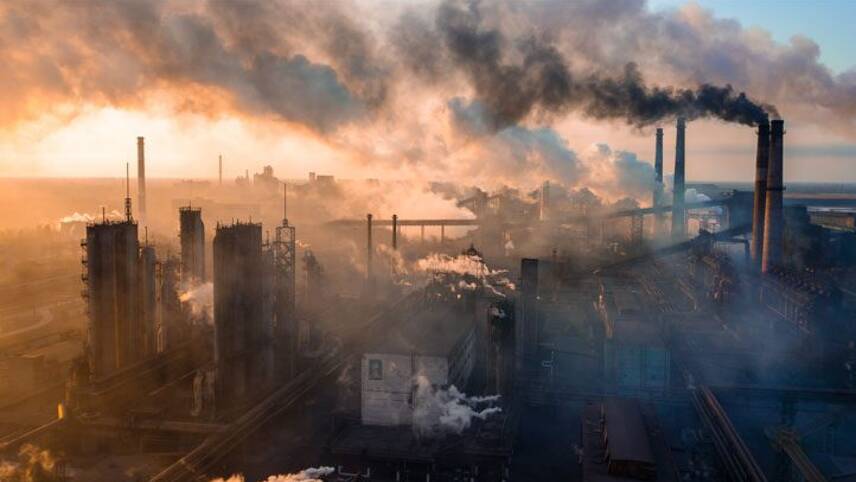Register for free and continue reading
Join our growing army of changemakers and get unlimited access to our premium content

Several of the nations that have proposed non-Paris-aligned 2030 targets have longer-term net-zero goals
That is the damning conclusion of a new assessment from the UNFCCC today (26 February), which analyses 48 national emission reduction goals that it received during 2020. In the analysis, the EU is counted as one respondent, under its overarching Green New Deal plans headlined by a 2050 net-zero goal.
The assessment reveals that the emissions goals, collectively, will only put the world on course to produce 1% less greenhouse gases in 2030 than it did in 2010. In comparison, the reduction will need to be 25% to meet the Paris Agreement’s 2C trajectory and 45% to achieve alignment with 1.5C.
Many nations are in agreement that the world should be aiming for 1.5C rather than 2C, in the wake of the IPCC’s landmark 2018 report into the economic, social and environmental ramifications of both trajectories. The half-degree difference, governments and businesses were warned, would significantly worsen the risks of drought, floods, extreme heat and poverty for hundreds of millions of people. And the only way to reach 1.5C, the report clearly stated, was the complete net-decarbonisation of the global economy by 2050.
Nations that have updated their Paris Agreement NDCs in a drive for better 1.5C alignment include the UK, the EU, Argentina, Chile, Norway, Kenya and Ukraine. The UNFCC has warned, however, that updated NDCs from the likes of Japan, South Korea, Russia, New Zealand, Switzerland and Australia are not strong enough. This is despite new net-zero targets from Japan and South Korea in 2020.
“This report shows that current levels of climate ambition are very far from putting us on a pathway that will meet our Paris Agreement goals,” the UNFCCC’s executive secretary Patricia Espinosa said.
“I call on all parties – even those who have submitted NDCs – to reflect on this and increase ambition. At the moment, it is like we are walking into a minefield blindfolded. What we need is much more radical and transformative than we have now. We need concrete plans to phase out fossil fuels as fast as possible.”
“This report should serve as an urgent call to action and I am asking all countries, particularly major emitters, to submit ambitious 2030 emission reduction targets,” COP26 president Alok Sharma said. “We must recognise that the window for action to safeguard our planet is closing fast.’’
Emissions gap report
Back in December 2020, the UN Environment Programme (UNEP) published its latest emissions gap report.
The report revealed that the world is likely to be more than 3.2C warmer than in pre-industrial times by 2100 in a business-as-usual scenario. While it charted a reduction in emissions against lockdown restrictions, it warned that most governments do not yet have adequate plans to lock in the progress and accelerate decarbonisation in the coming decades.
“The pandemic is a warning that we must urgently shift from our destructive development path, which is driving the three planetary crises of climate change, nature loss and pollution,” UNEP executive director Inger Anderson said at the time of publication.
“But it is clearly also a major opportunity. I urge governments, businesses and individuals – particularly those with the greatest climate footprint – to take this opportunity to protect our climate and nature for decades to come.”
Sarah George


But climates have always changed.
We. have had low CO2 and high temperatures, and high CO2 and low temperatures
Water vapour is a more important GHG than CO2, and it is deal more abundant than CO2 and of about the same potential as CO2.
But it cannot be controlled (and would probably mis handled if it could be, someone would just make money, as they do now out of renewables.
We have little influence on climate, but a lot of money is made in the process.
But perhaps this is only me, I just like clean air, I remember London in the forties and early fifties !!!
Richard Phillips